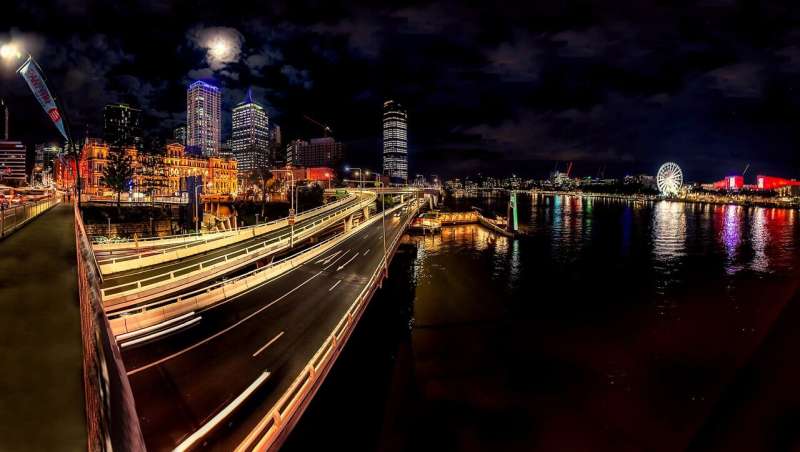Snap lockdown ordered in Australia’s Brisbane after virus outbreak

More than two million people in Brisbane were ordered into a three-day lockdown Monday after a cluster of coronavirus cases was detected in Australia’s third-biggest city.
It is the second snap lockdown of the greater Brisbane area this year, and comes after seven people tested positive for COVID-19—the first significant community outbreak in Australia in weeks.
“This is the UK strain. It is highly infectious. We need to do this now to avoid a longer lockdown,” Queensland state Premier Annastacia Palaszczuk said.
“We’ve seen what’s happened in other countries. I don’t want to see that happen to Queensland, I don’t want to see that happen to Australia.”
Australia has been relatively successful in curbing the spread of COVID-19, with just over 29,000 cases and 909 deaths during the pandemic to date.
However, the country’s vaccine rollout has been sluggish, with just over 500,000 shots administered so far in a country of 25 million—falling far short of a government target to vaccinate four million by the end of March.
Palaszczuk said lockdowns would “be part of the Australian way of life until everyone is vaccinated”.
Unlike countries such as the United States and Britain, Australia did not grant emergency approval for any vaccines and waited until late-February to begin inoculations. Progress was hampered further by delivery issues, including Italy’s landmark decision to block the export of 250,000 COVID-19 vaccine doses.
Before the announcement, Brisbane was among several Australian cities enjoying relaxed restrictions with residents able to freely attend events including concerts and sporting fixtures.
The lockdown comes just ahead of the Easter long weekend beginning Friday, throwing school holiday plans into chaos as South Australia closed its border to Brisbane and other states are expected to follow.
Brisbane schools, restaurants and bars will close from 5:00pm Monday but people will still be allowed to leave home for essential work, to buy food, exercise and for medical care.
Social media images showed long queues forming at supermarkets, as some shoppers stocked up ahead of the lockdown, despite authorities urging against panic buying.
Wearing masks in public is also becoming mandatory across Queensland, after one infectious person travelled to the regional town of Gladstone.
Source: Read Full Article
